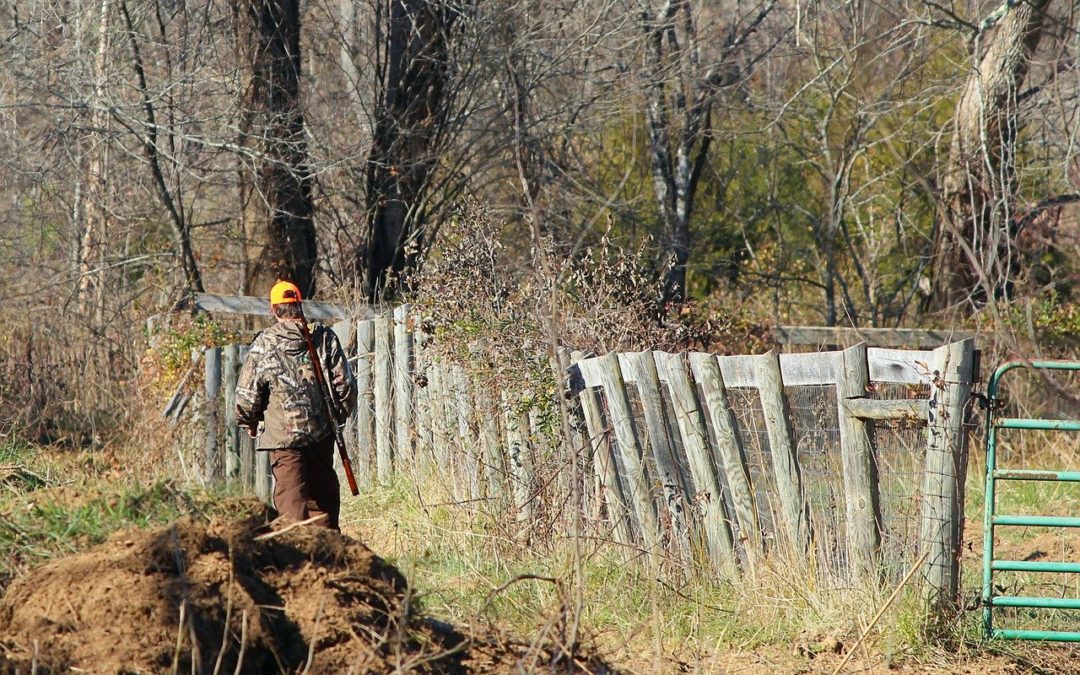Prison sentences of up to three years for those who obstruct animal culls; police and soldiers to be involved in culling wild boar; and stopping hunting on private land to be made harder – these are among the new measures approved by Poland’s parliament.
The legislation comes in response to the spread of African swine fever (ASF) in Poland. The disease first spread in eastern Poland, where over 2,000 infected animals have been recorded, and recently appeared in the west of the country, with 20 wild boars found to be infected in Lubusz province.
In January, the government announced a controversial cull of more than 200,000 wild boars. This was deemed to have been a success until the recent outbreak in the west.
However, the Polish Hunting Association, whose members would be carrying out the mass shooting of wild boar, have 'expressed strong disapproval' of the order to kill sows that are pregnant or with young offspring https://t.co/Sd7DKuDvpM
— Notes from Poland ?? (@notesfrompoland) January 11, 2019
The declared goal of the new law is to again tackle the spread of ASF through “the reduction of the wild boar population by an intense cull”. This approach has been opposed by ecologists, animal rights activists and many scientists, who claim the disease is spread by people not following biosecurity rules rather than by wild animals.
Even though the latest measures reportedly originated in the agriculture ministry, the law was introduced as a private member’s bill by a group of MPs from the ruling Law and Justice (PiS) party. This allowed for an accelerated legislative procedure, bypassing the obligation for public consultations. The bill was supported by PiS, the agrarian Polish People’s Party (PSL) and the far-right Confederation.
The most controversial measure is the possibility to punish those who obstruct culls and hunts with prison sentences of up to three years and one year respectively. The law also allows for hunting with silencers, which increases the risk for bystanders, and it prevents private land being excluded from hunting grounds.
Karolina Kuszlewicz of the Polish Ethical Association, quoted by OKO.press, said the measures being introduced “go beyond the [stated] purpose of the law”. She fears that the fight against ASF is being used as “a pretext for implementing measures against the ‘ecoterrorism’ bizarrely declared by some politicians.”
Rzeczpospolita, a leading daily, reported that PiS chairman (and Poland’s de facto leader) Jarosław Kaczyński, who is well-known for his hostility towards hunting, supported the latest changes without being fully aware of what they were.
In December 2017, Kaczyński’s resistance led to similar measures being removed from a new hunting law. However, this time Kaczyński’s long-serving secretary and trusted associate Barbara Skrzypek was reportedly off work and so did not pass the relevant messages on to her boss, who may also have been less well informed than usual due to being in recovery from knee surgery.
ASF is an infectious disease attacking wild boar and domestic pigs. It originated in Kenya in 1921 and has hit nine EU countries since 2014, with Poland, Lithuania and Romania most affected. In Poland, the disease most likely spread from Belarus.
In 2014, Russia introduced a blanket ban on pigs and pig products from the EU due to concerns over ASF. Earlier this month, the German federal state of Brandeburg began putting up a fence along its border with Poland in an attempt to prevent ASF spreading into Germany.
Germany is building a fence on the border with Poland to prevent the spread of African swine fever https://t.co/B0pQjSUjUf
— Notes from Poland ?? (@notesfrompoland) December 18, 2019
Main image credit: Artur Andrzej/Wikipedia commons (under CC 3.0)

Monika Prończuk is the deputy editor of Notes from Poland. She was previously the Nico Colchester fellow at the Financial Times, acting FT Poland correspondent, and journalist at OKO.press, an independent fact-checking media outlet. Her articles have appeared in Quartz, Financial Times, Politico, Gazeta Wyborcza and Tygodnik Powszechny.




















